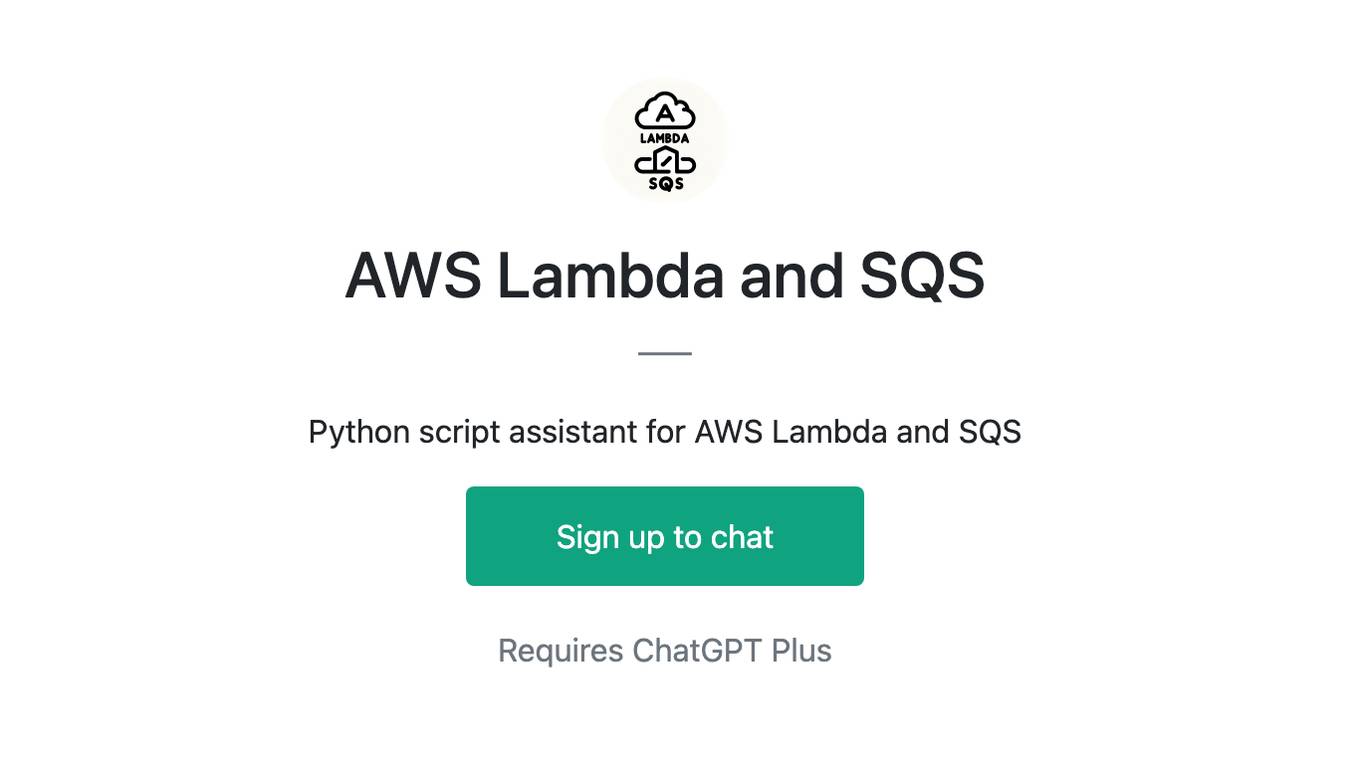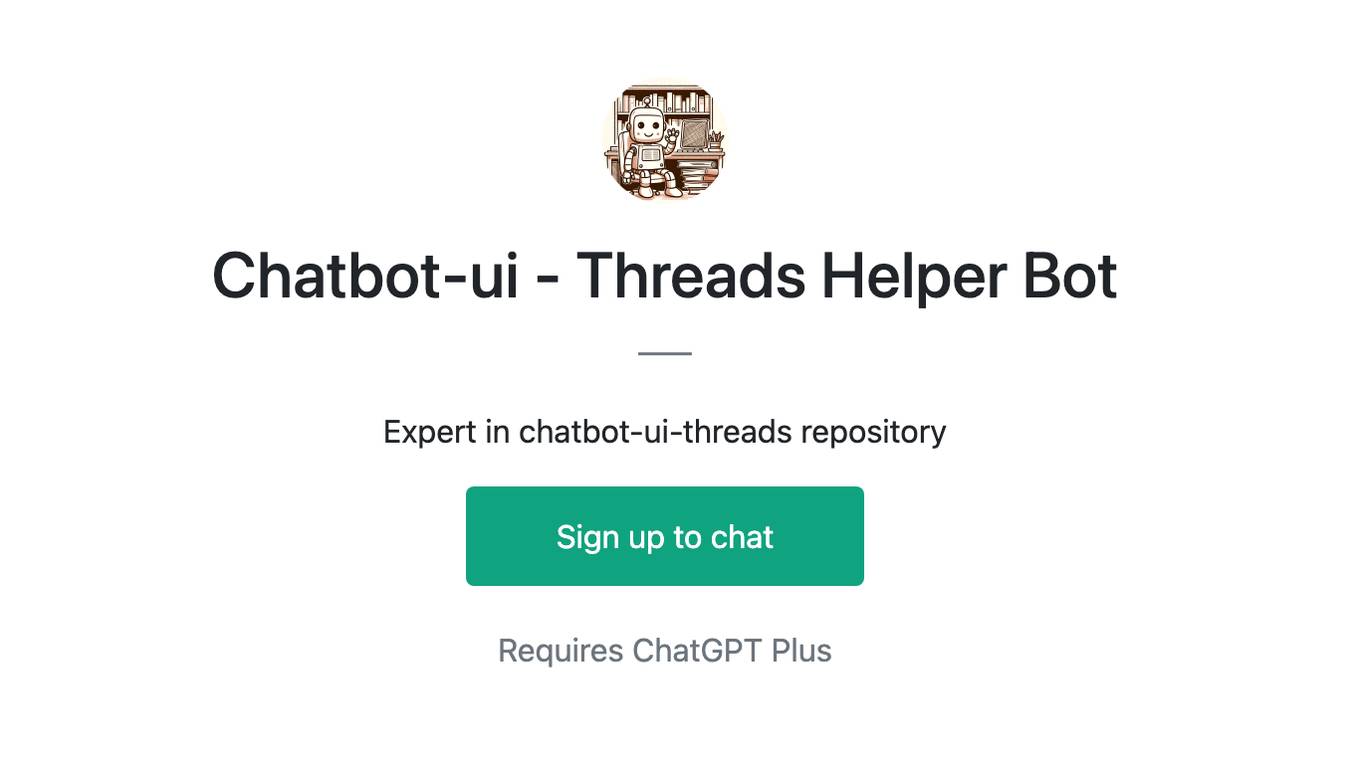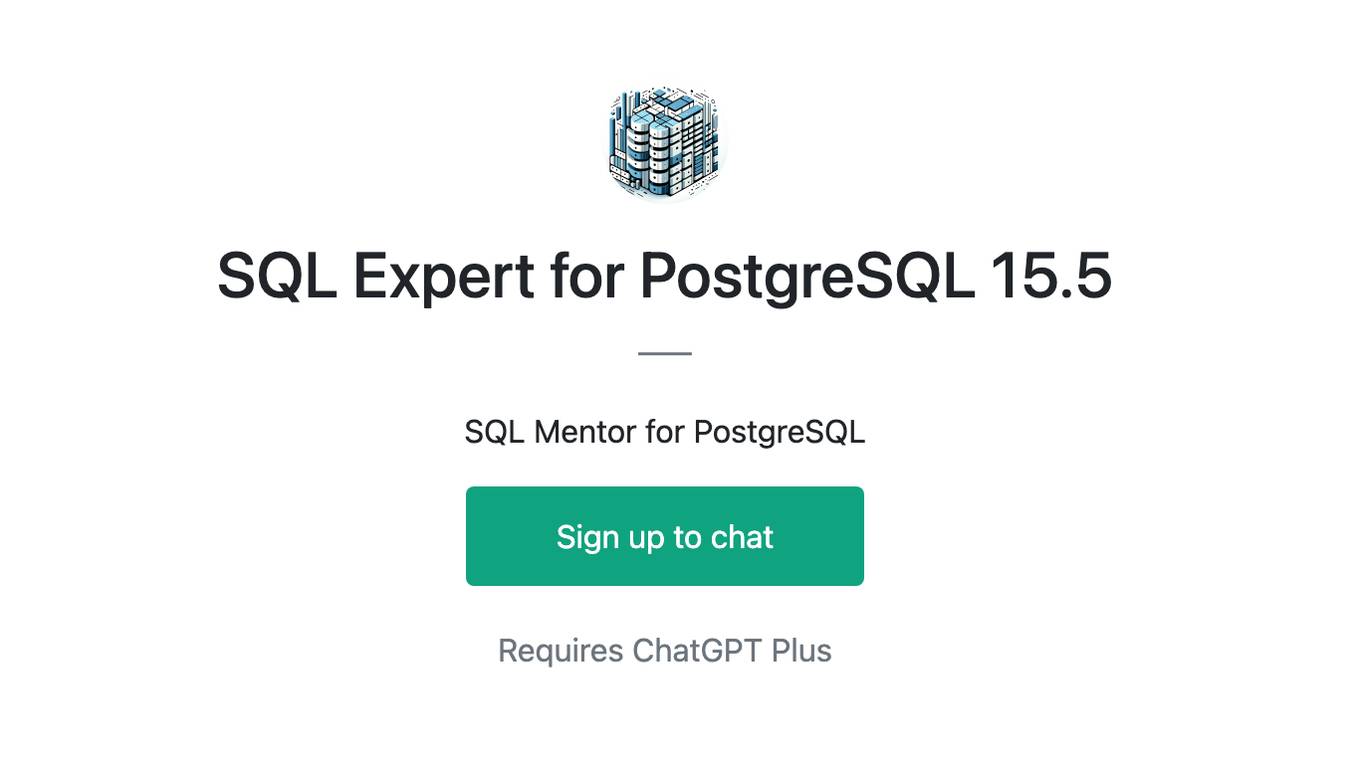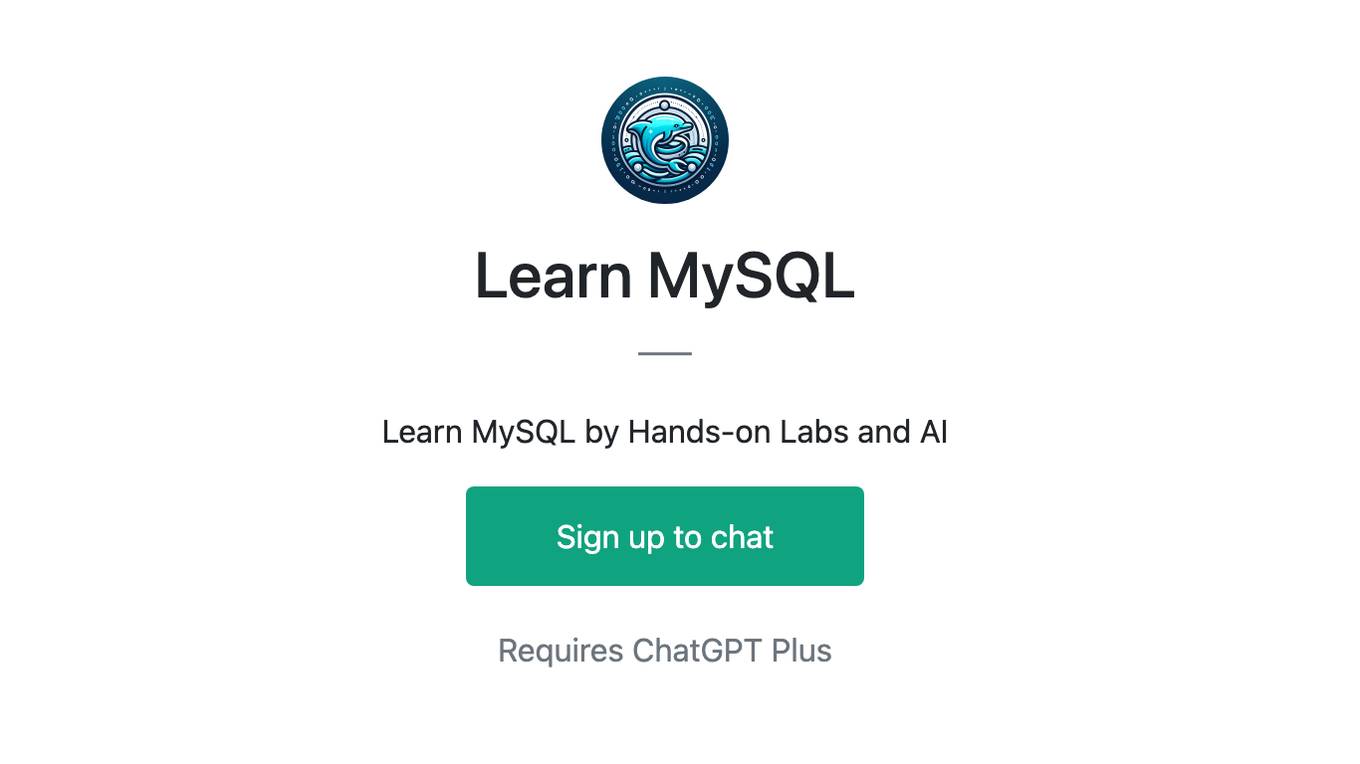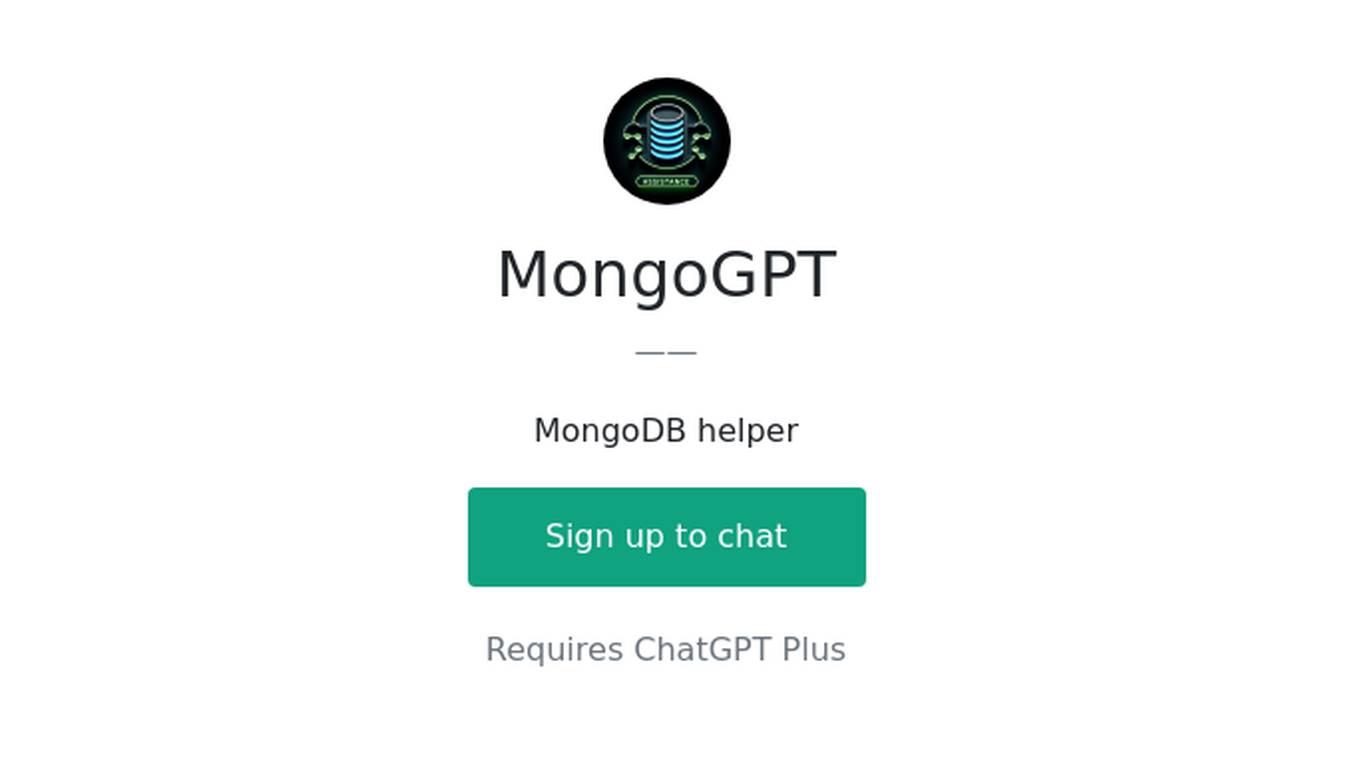Best AI tools for< Delete Objects >
20 - AI tool Sites
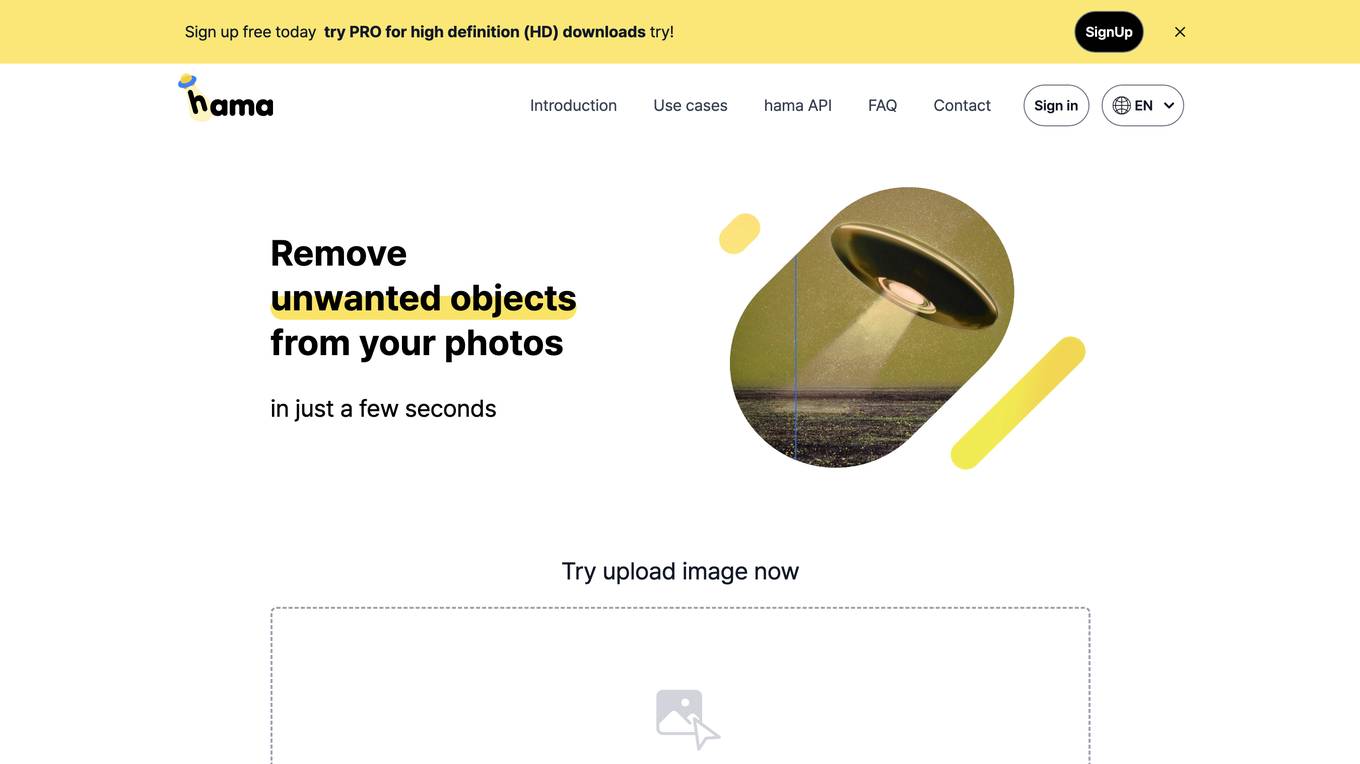
hama.app
Remove Objects from Photos - AI Image Eraser tool hama.app is an online tool that allows you to remove unwanted objects from your photos with just a few clicks. It uses artificial intelligence to automatically detect and remove objects, making it easy to clean up your photos and get rid of anything you don't want. With hama.app, you can remove people, objects, blemishes, and even entire backgrounds from your photos, leaving you with a clean and polished image.
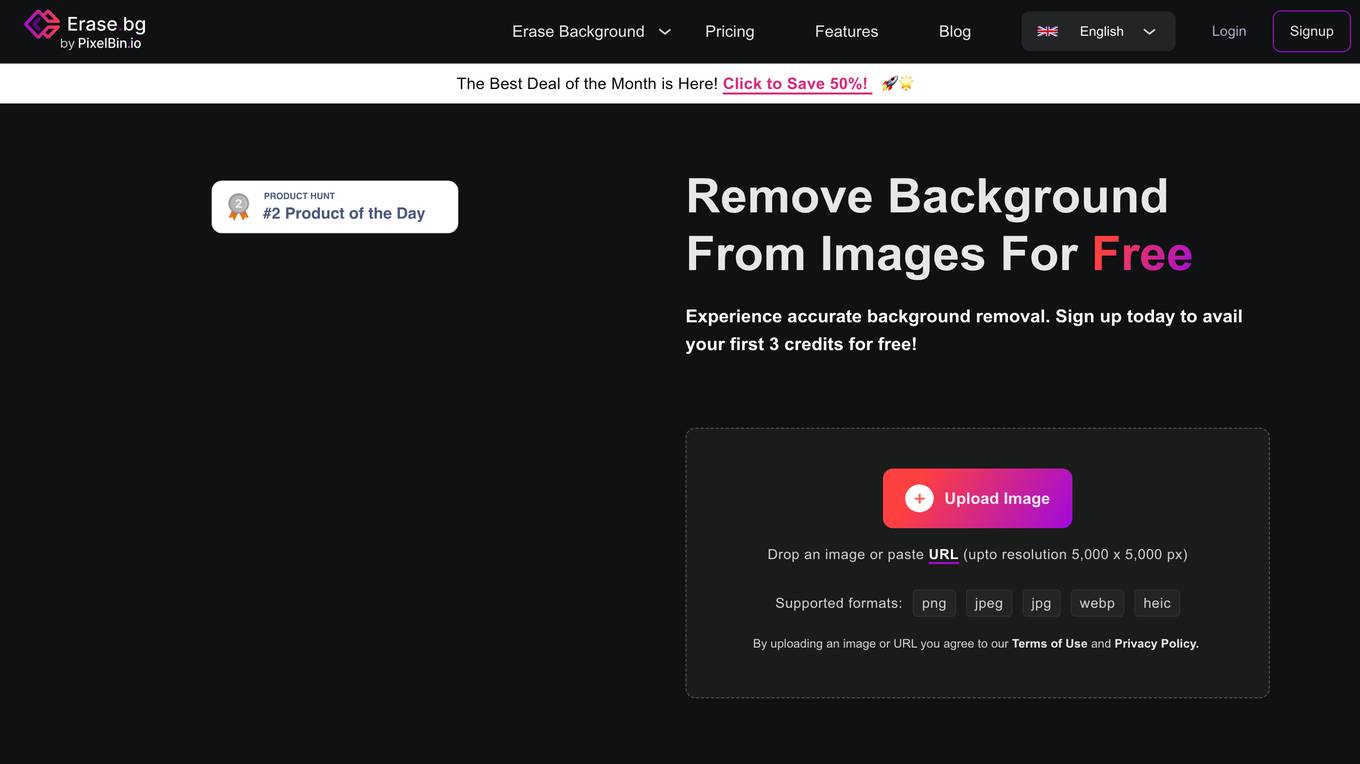
Erase.bg
Erase.bg is an AI-powered tool that automatically removes image backgrounds in a matter of seconds. It supports various image formats, including PNG, JPG, JPEG, WEBP, and HEIC, and can process images with a maximum resolution of 5000 x 5000 px and a file size of up to 25 MB. Erase.bg offers both free and paid subscription plans, with the free plan allowing users to process images for personal use. The tool is accessible through a user-friendly website and mobile applications for iOS and Android devices.
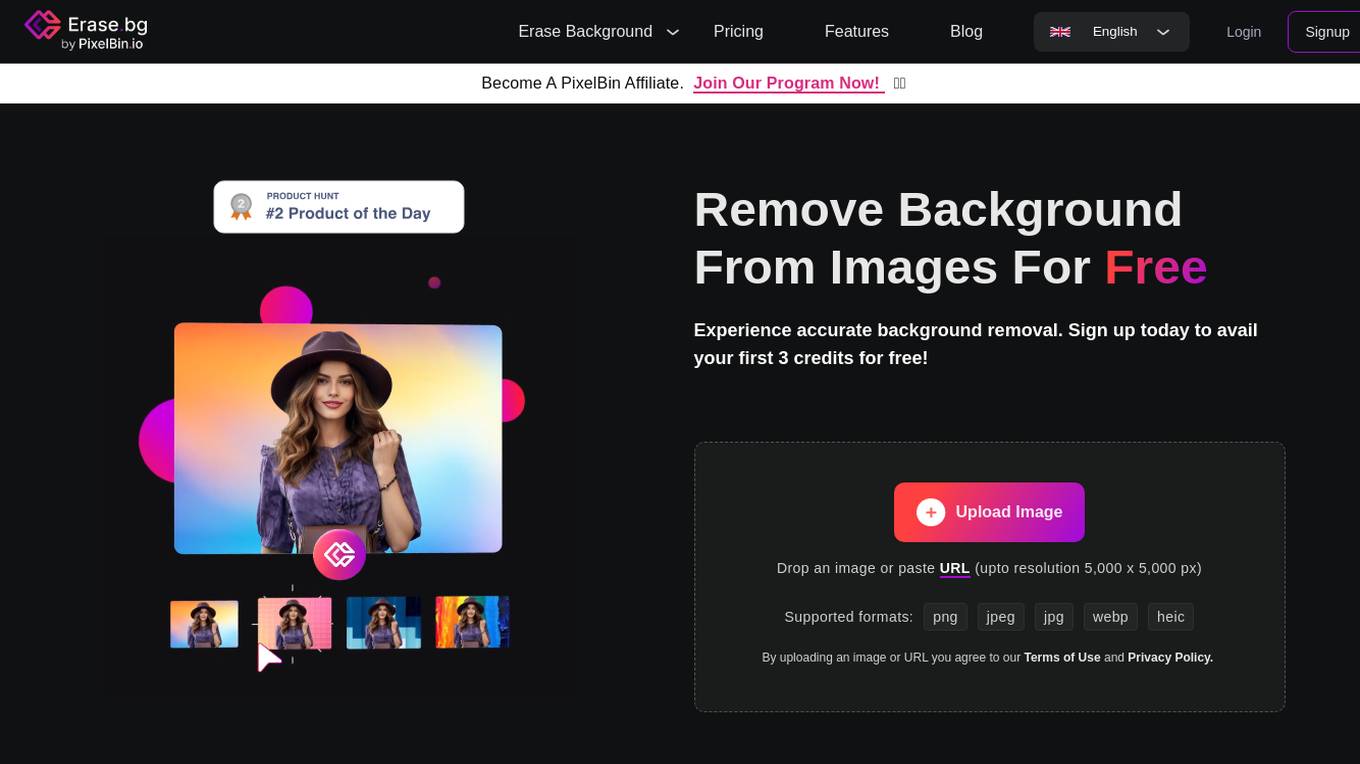
Erase.bg
Erase.bg is an AI-powered tool that offers accurate background removal for images online. Users can upload images in various formats and have the background removed quickly and efficiently. The tool caters to individuals, professionals, and businesses across different industries, providing a user-friendly interface and high-quality results. Erase.bg also offers bulk image processing capabilities and API integration for seamless workflow enhancement.
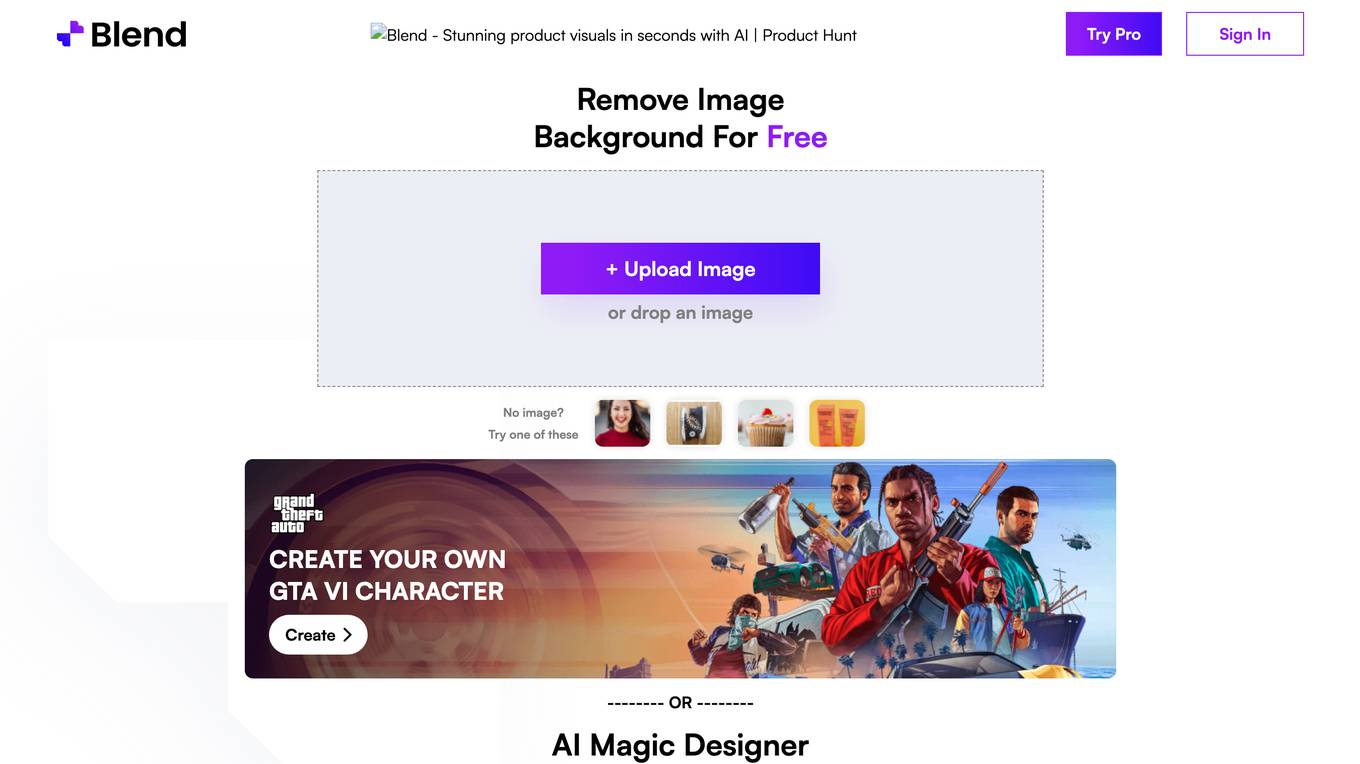
Delete BG by Blend
Delete BG by Blend is a free online image background removal tool that allows users to remove the background from images in three simple steps. It uses artificial intelligence to automatically detect and remove the background, making it easy to create transparent images for use in a variety of applications. The tool is free to use and does not require any registration or software installation.
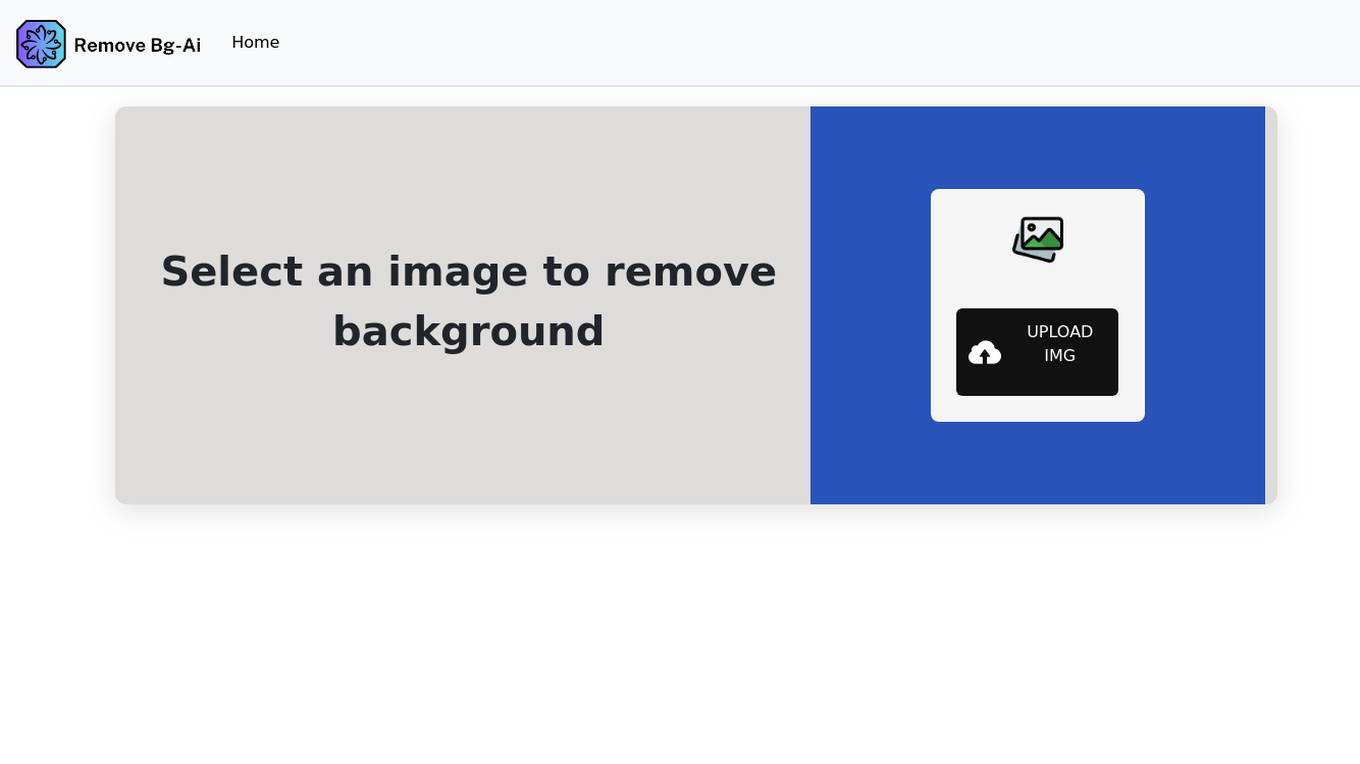
Remove Background
Remove Background is a free online tool that allows you to remove the background from any image with just one click. It uses artificial intelligence to automatically detect and remove the background, leaving you with a transparent PNG image. You can then use this image for a variety of purposes, such as creating product mockups, social media images, or website graphics.
PixelBin
PixelBin is a cloud-based digital asset management and image optimization platform that uses artificial intelligence (AI) to automate and enhance image processing tasks. It offers a range of features such as bulk image uploading, real-time image transformations, and on-the-fly image delivery. PixelBin's AI-powered features include automatic image optimization, background removal, image resizing, and watermarking. The platform integrates with various third-party applications and provides APIs for developers to build custom integrations. PixelBin is designed to help businesses streamline their image workflows, improve website performance, and enhance the visual experience for their users.
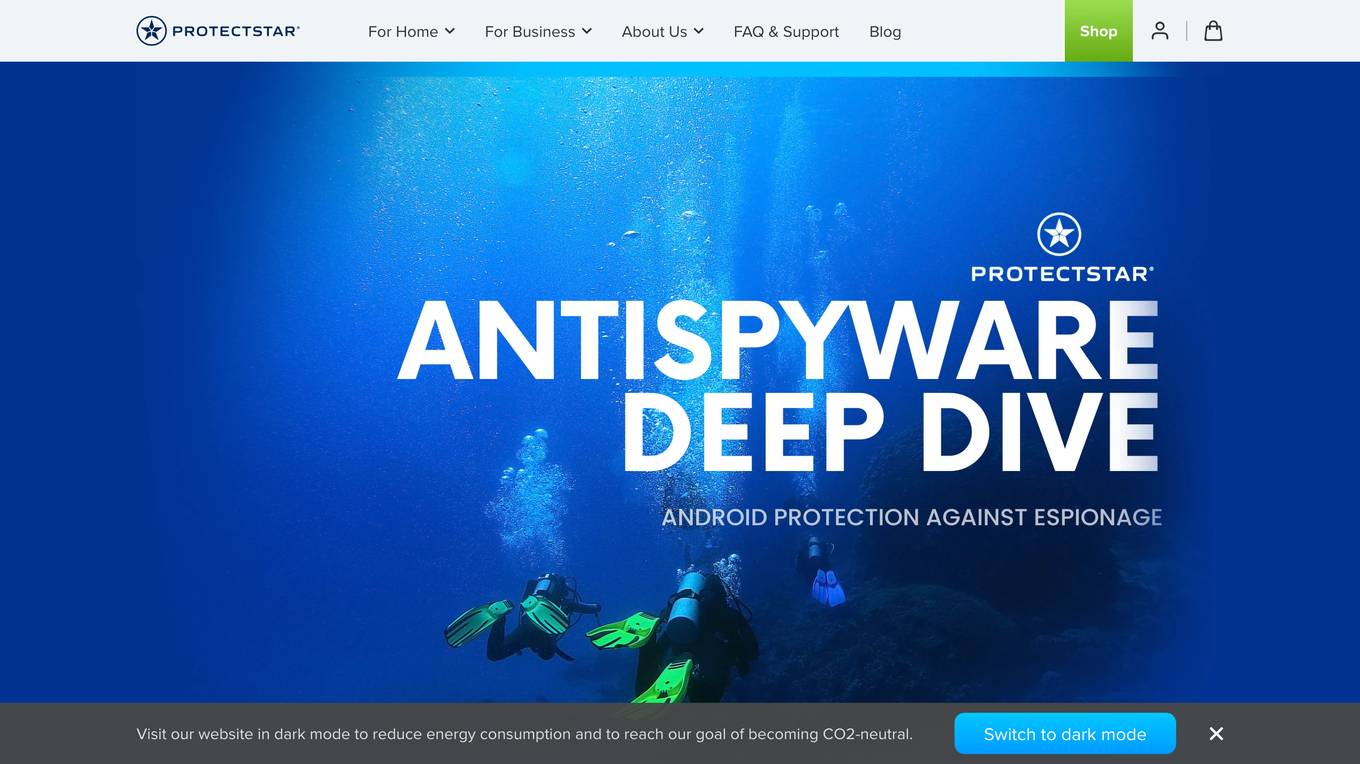
PROTECTSTAR
PROTECTSTAR is an AI-powered cybersecurity application that offers Secure Erasure, Anti Spy, Antivirus AI, and Firewall AI features to protect users from cyber threats. With a focus on privacy and security, PROTECTSTAR aims to provide innovative products using Artificial Intelligence technology. The application has been trusted by over 7 million satisfied users globally and is known for its outstanding detection rate of 99.956%. PROTECTSTAR is committed to environmental sustainability and energy efficiency, as evidenced by its dark mode feature to reduce energy consumption and become CO2-neutral.

Circleboom
Circleboom is an AI-powered social media management tool that enables users, brands, and SMBs to grow and strengthen their social accounts. It offers a wide range of features such as RSS feed integration, post scheduling, AI post generation, hashtag generation, and account analytics. Circleboom focuses on simplicity and intuitive design to provide users with easy-to-use tools for managing their social media presence effectively. Trusted by professionals, Circleboom aims to help users expand their social circle and achieve their social media goals.
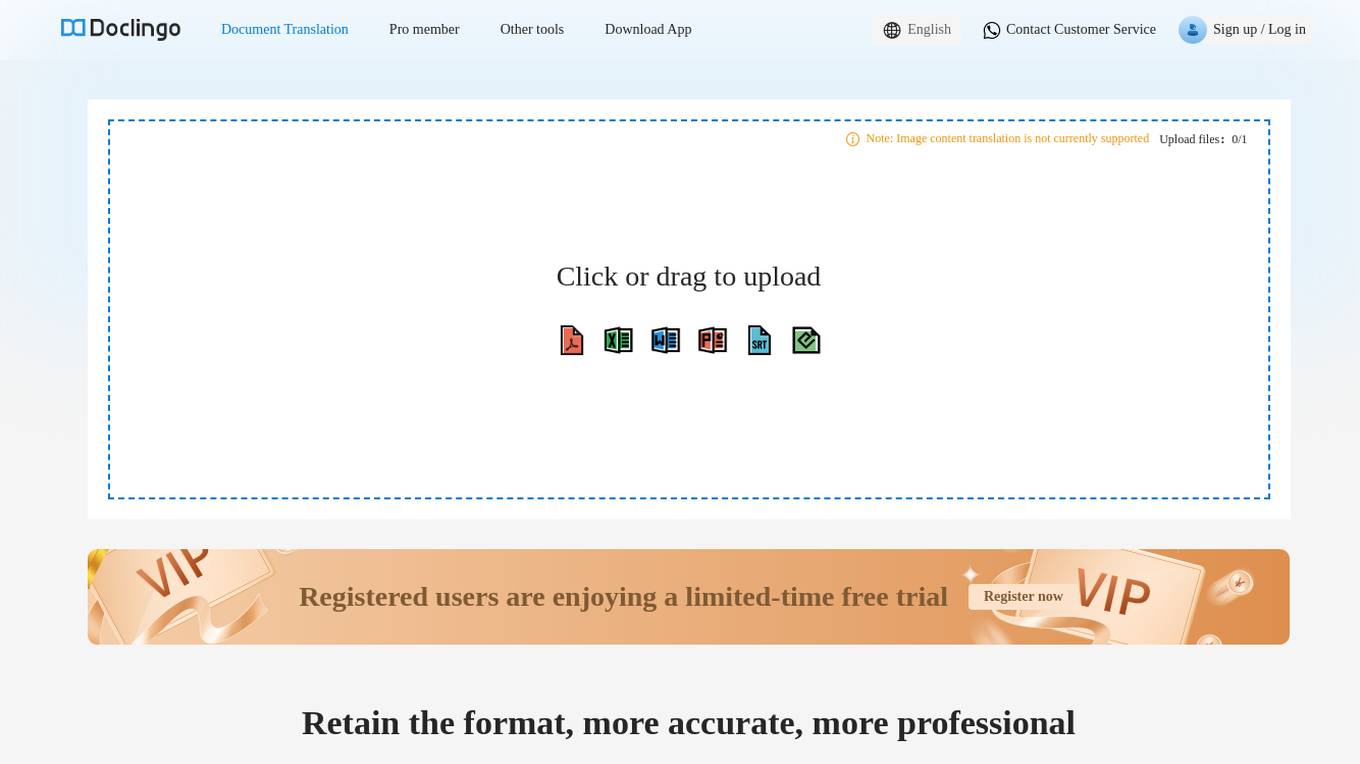
Doclingo
Doclingo is an AI-powered document translation tool that supports translating documents in various formats such as PDF, Word, Excel, PowerPoint, SRT subtitles, ePub ebooks, AR&ZIP packages, and more. It utilizes large language models to provide accurate and professional translations, preserving the original layout of the documents. Users can enjoy a limited-time free trial upon registration, with the option to subscribe for more features. Doclingo aims to offer high-quality translation services through continuous algorithm improvements.
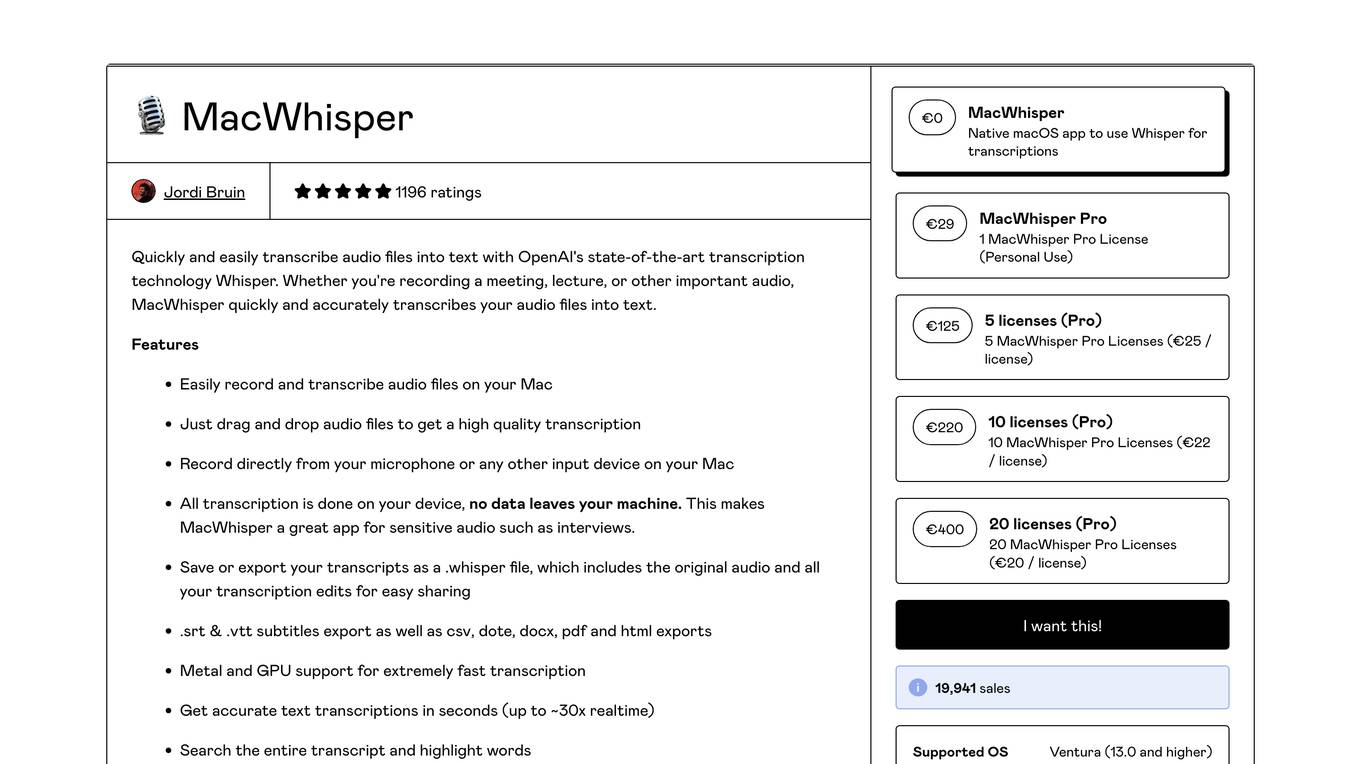
MacWhisper
MacWhisper is a native macOS application that utilizes OpenAI's Whisper technology for transcribing audio files into text. It offers a user-friendly interface for recording, transcribing, and editing audio, making it suitable for various use cases such as transcribing meetings, lectures, interviews, and podcasts. The application is designed to protect user privacy by performing all transcriptions locally on the device, ensuring that no data leaves the user's machine.
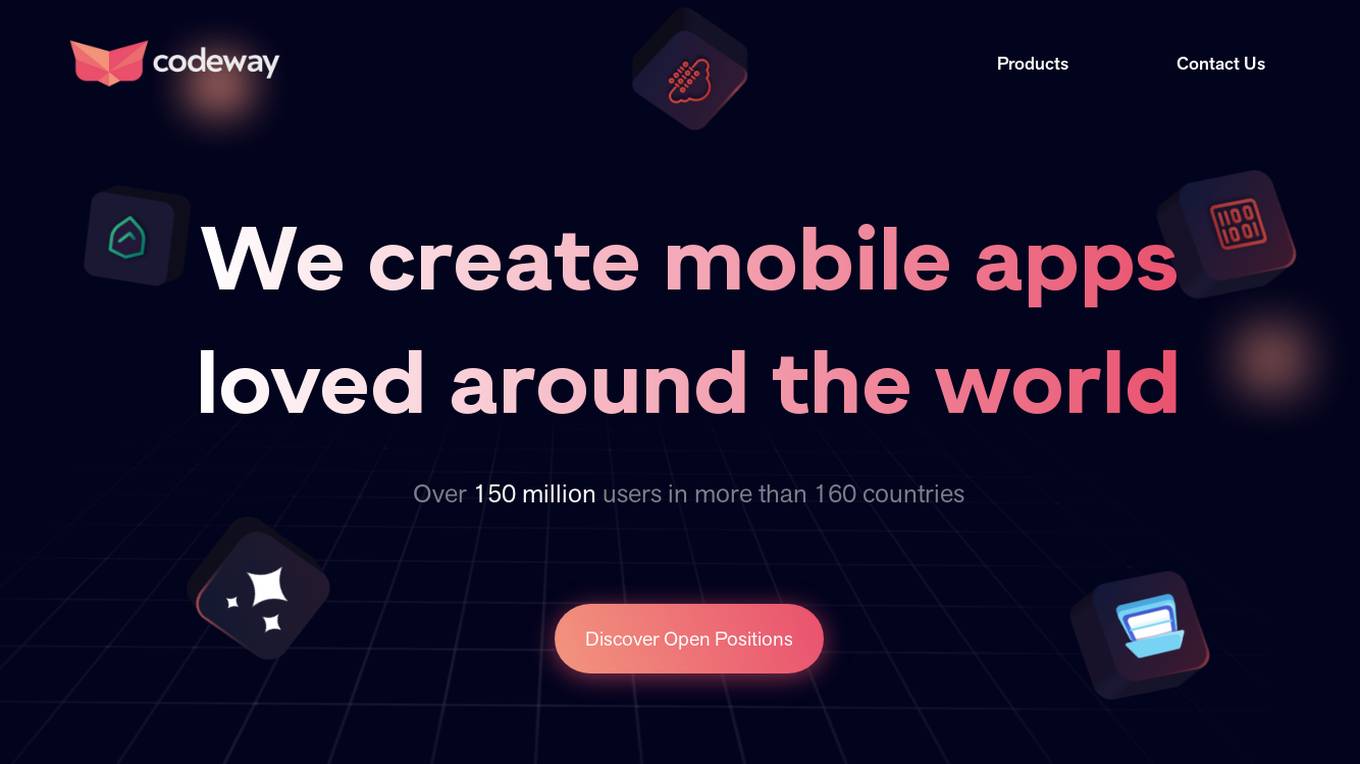
Codeway
Codeway is a leading mobile AI app developer that actively supports earthquake relief efforts in Turkey. With a focus on creating AI-powered apps, Codeway leverages cutting-edge AI technologies to deliver unparalleled user experiences. The company invests in R&D operations to ensure excellence in technology implementation, and is committed to understanding user needs for continuous app evolution. Codeway's products include mobile apps like Cleanup, Scanner+, Ask AI, Facedance, Wonder, Rumble Rivals, and PixelUp. The company excels in marketing, product management, and culture, attracting top talent and fostering a data-driven roadmap to success.
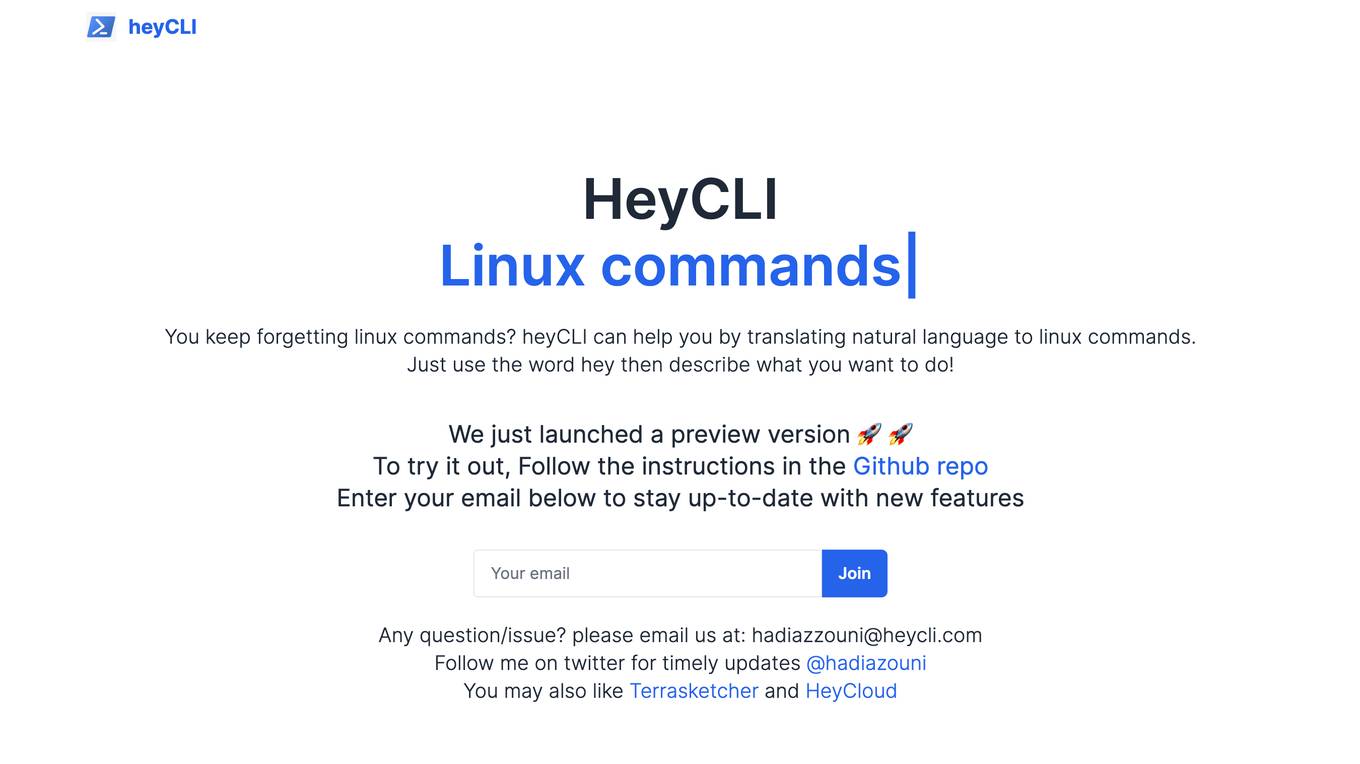
heyCLI
heyCLI is a command-line interface (CLI) tool that allows users to interact with their Linux systems using natural language. It is designed to make it easier for users to perform common tasks without having to memorize complex commands. heyCLI is still in its early stages of development, but it has the potential to be a valuable tool for both new and experienced Linux users.

Made.Porn
Made.Porn is an AI porn generator that creates artistic images. Users can select images, delete them, and generate new ones by choosing tags. The tool requires users to be over 18 years old and offers a login/signup feature for faster results and account access. While generating results may take several minutes, users can create a free account to speed up the process. Made.Porn also provides options to change passwords, delete accounts, and offers support for content removal and billing inquiries.
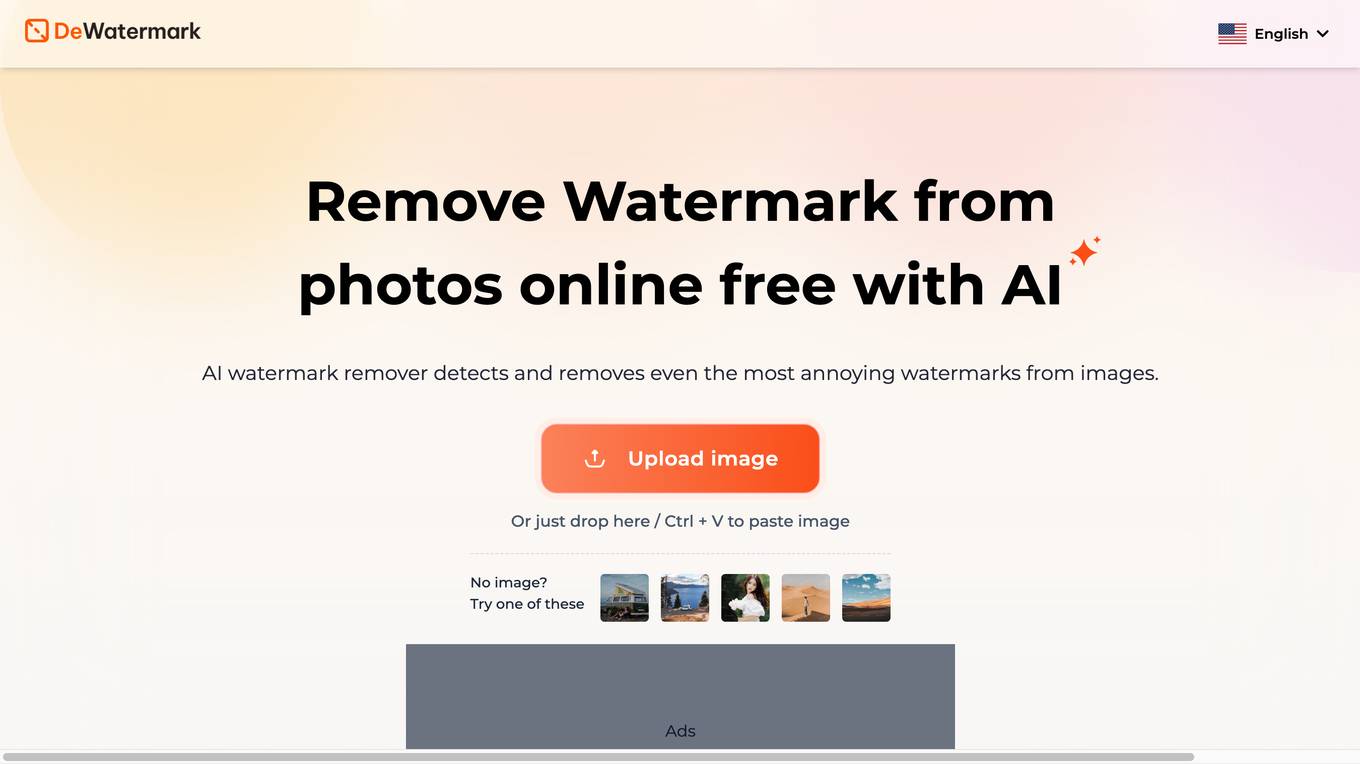
DeWatermark.AI
DeWatermark.AI is an online AI watermark remover tool that helps users easily remove watermarks from images. The tool utilizes powerful visual detection capabilities to automatically detect and remove various types of watermarks, including complex and layered ones. Users can upload images, let the AI scan and remove watermarks automatically, use a manual AI brush for precise results, and download the watermark-free photos. DeWatermark.AI is free to use, retains image quality, and offers flexible editing options. It is compatible with all devices and provides fast and easy watermark removal solutions.
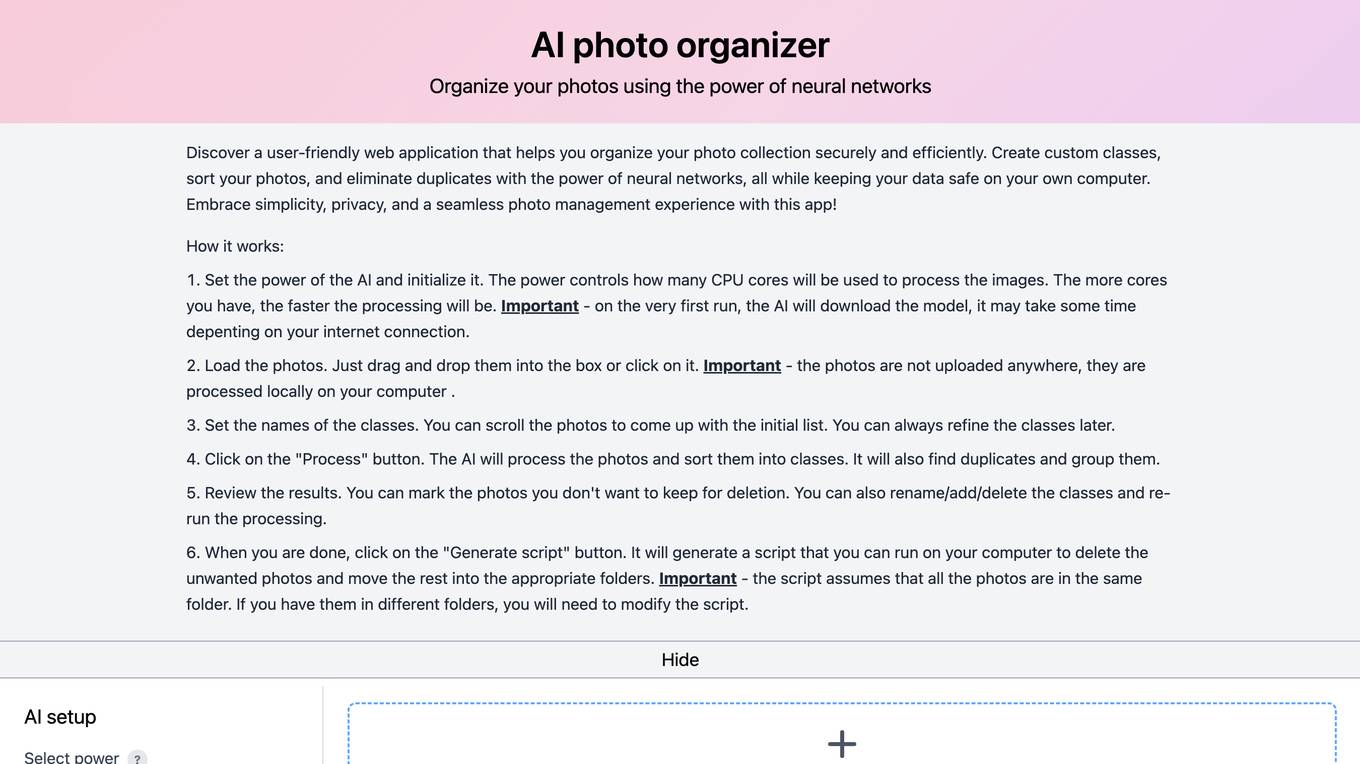
AI Photo Organizer
The AI photo organizer is a user-friendly web application that utilizes neural networks to help users securely and efficiently organize their photo collections. Users can create custom classes, sort photos, eliminate duplicates, and manage their data locally on their own computer. The application provides a seamless photo management experience, emphasizing simplicity and privacy.
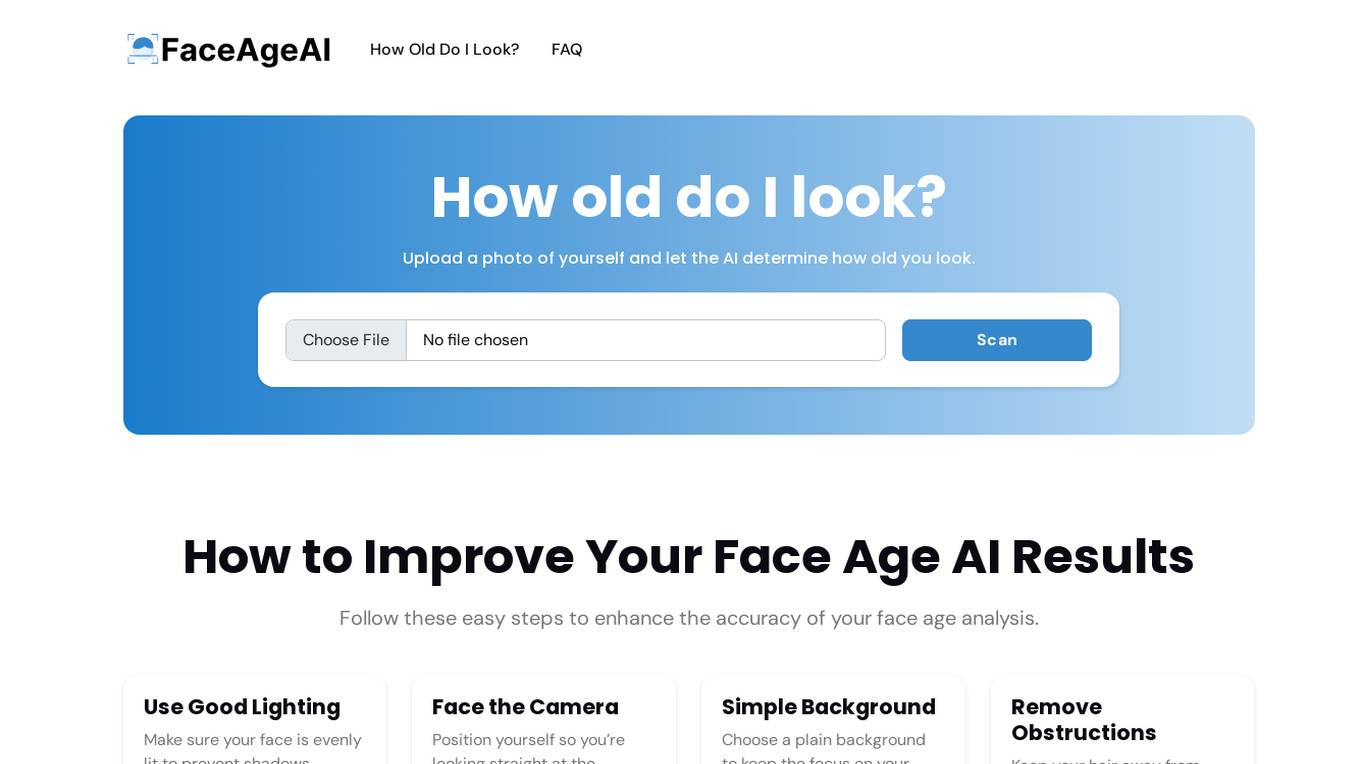
How Old Do I Look?
This AI-powered age detection tool analyzes your photo to estimate how old you look. It utilizes advanced artificial intelligence technology to assess facial characteristics such as wrinkles, skin texture, and facial features, comparing them against a vast dataset to provide an approximation of your age. The tool is free to use and ensures privacy by automatically deleting uploaded photos after analysis.
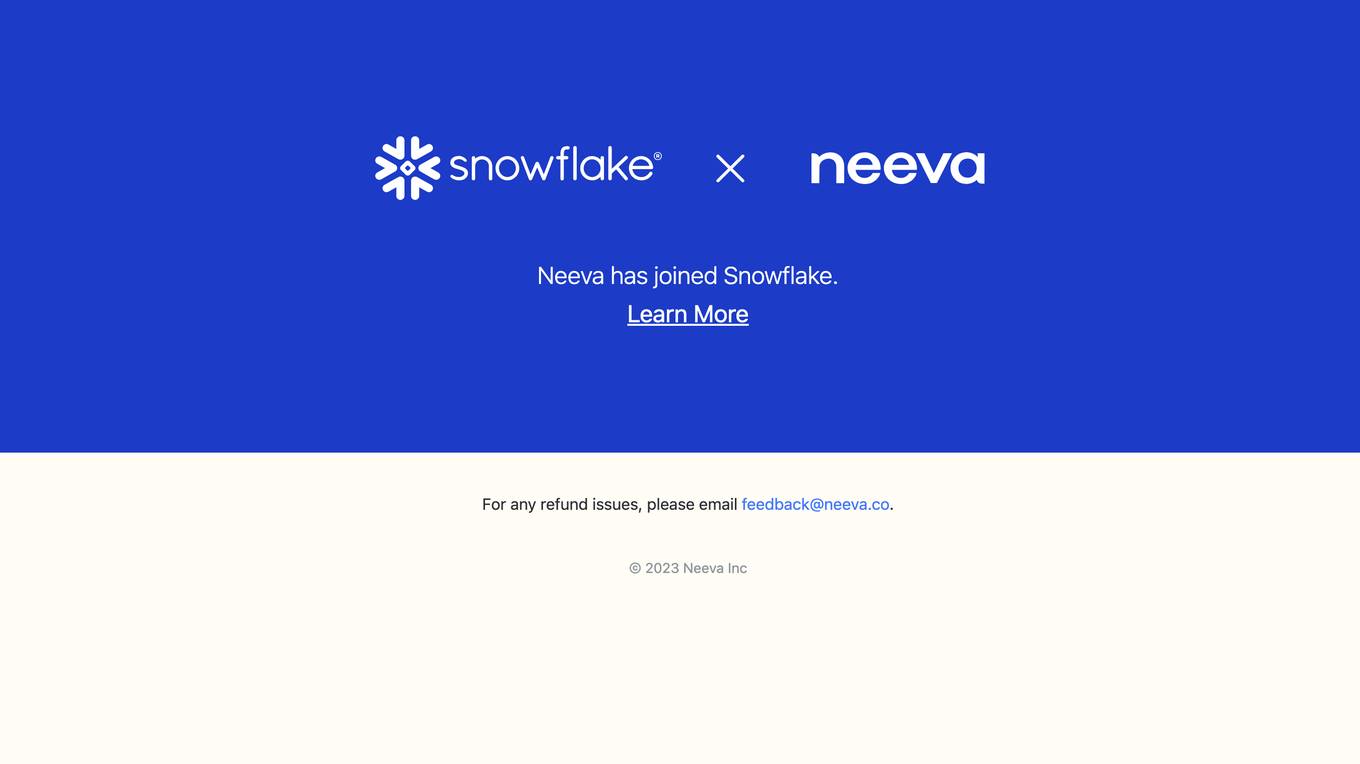
Neeva
Neeva is a search engine powered by artificial intelligence. It offers a variety of features, including the ability to search the web, images, videos, and news. Neeva also offers a number of privacy features, such as the ability to search without being tracked and the ability to delete your search history. Neeva is available as a desktop application and as a mobile app.

Photo AI Studio
Photo AI Studio is an AI-powered online platform that transforms selfies into professional photos in seconds. With a wide variety of styles to choose from, users can create realistic AI photoshoots suitable for professional profiles, social networks, dating, sports, weddings, and more. The application offers different pricing plans, a money-back guarantee, and enterprise solutions for API integration and custom models. Users retain ownership of their uploaded photos and can delete them at any time. The platform ensures data security and privacy, with secure payment processing through Stripe.
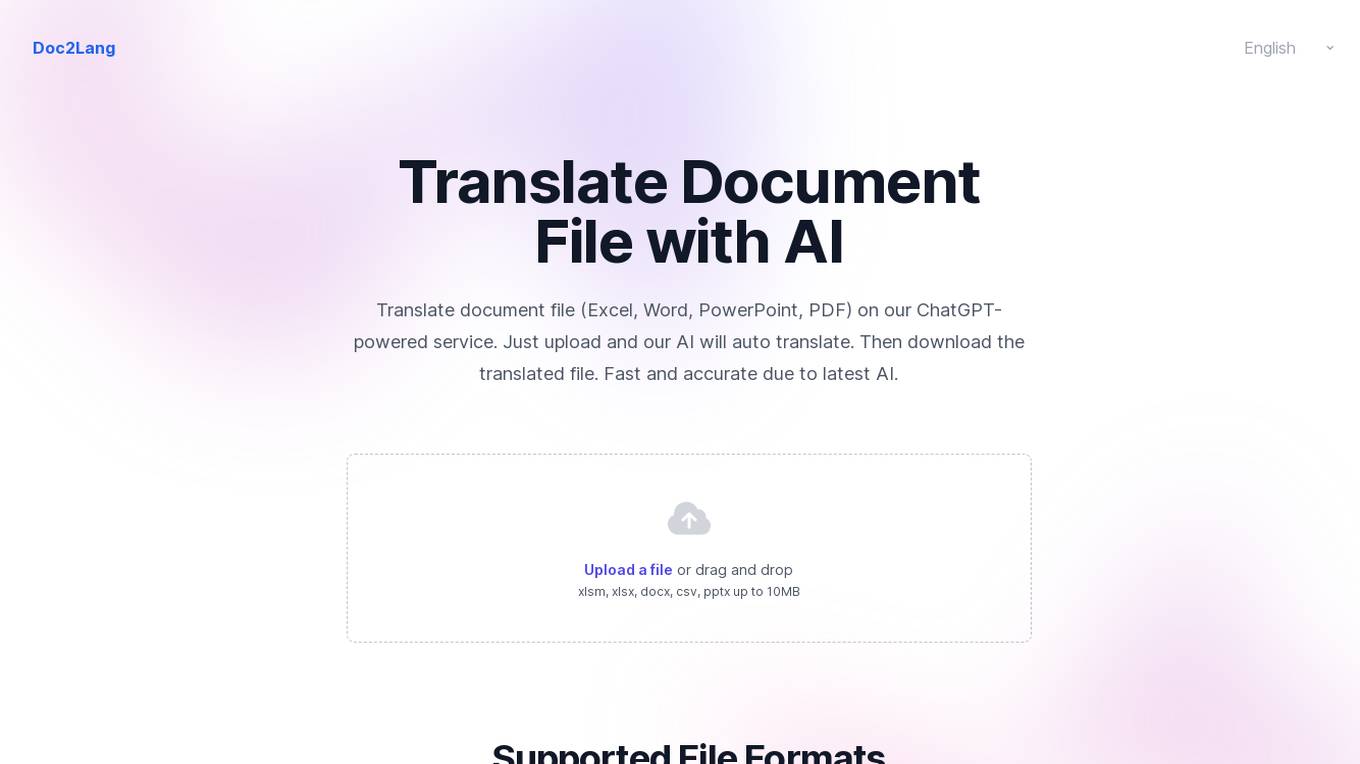
Doc2Lang
Doc2Lang is an AI-powered document translation service that offers fast and accurate translations for various file formats including Excel, Word, PowerPoint, and PDF. Users can upload their files, have them automatically translated by the AI, and then download the translated documents. The service provides high-quality translations tailored to business needs and ensures security by allowing users to delete uploaded files for data removal. With a simple and convenient process, flexible billing options, and support for multiple languages, Doc2Lang is a reliable solution for document translation needs.
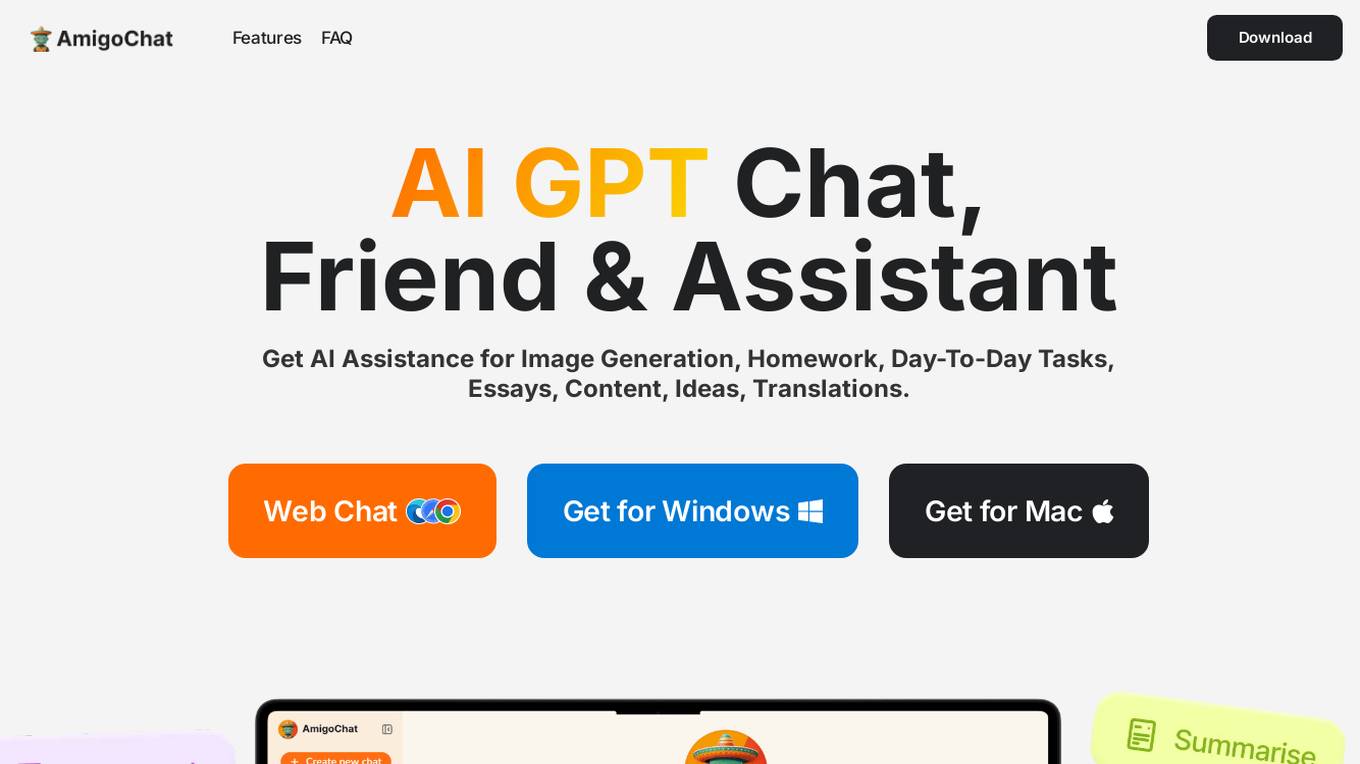
AmigoChat
AmigoChat is an AI-powered friend, assistant, and chat application that provides quick and efficient answers, conversation, and assistance in various tasks such as image generation, homework solving, content creation, idea generation, translations, and more. It offers a user-friendly interface and a range of features to enhance productivity and creativity. With secure encryption and the ability to delete data, AmigoChat ensures a safe and private user experience.
1 - Open Source AI Tools
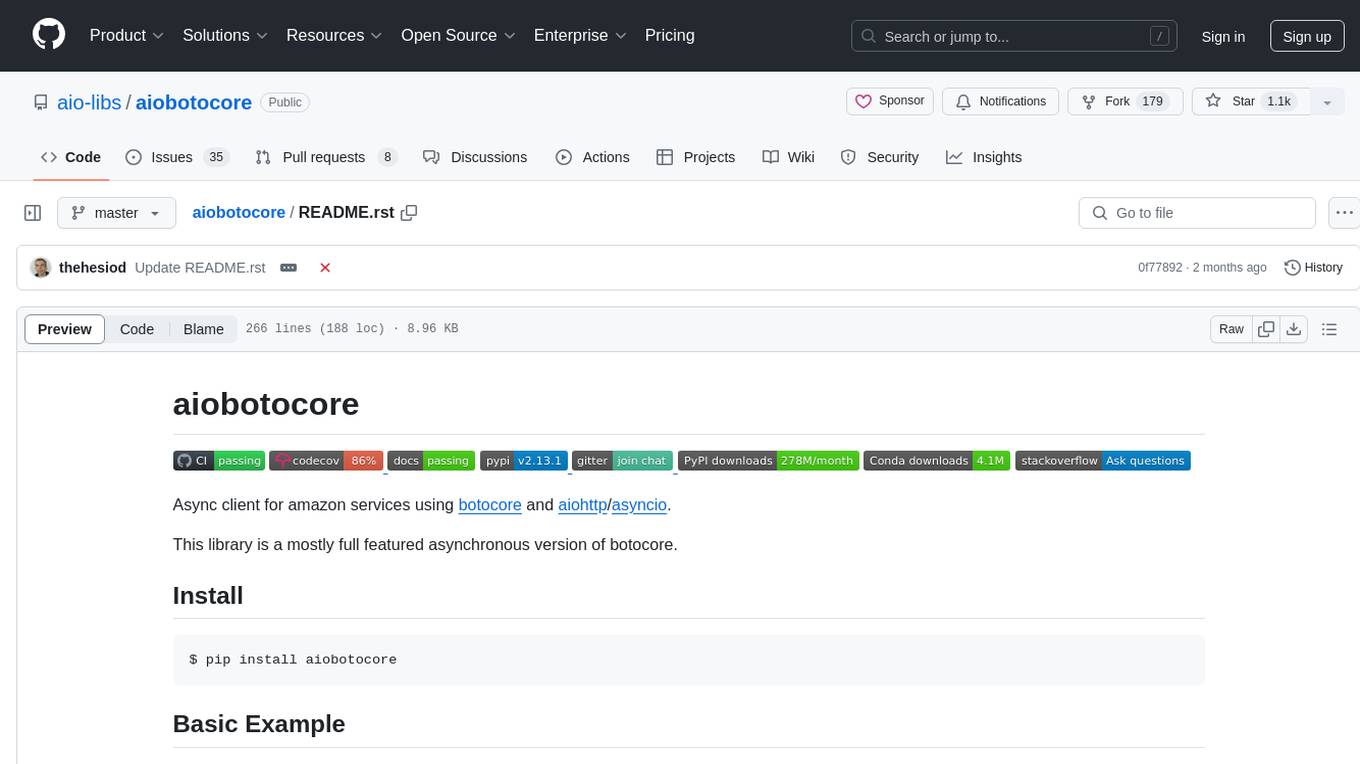
aiobotocore
aiobotocore is an async client for Amazon services using botocore and aiohttp/asyncio. It provides a mostly full-featured asynchronous version of botocore, allowing users to interact with various AWS services asynchronously. The library supports operations such as uploading objects to S3, getting object properties, listing objects, and deleting objects. It also offers context manager examples for managing resources efficiently. aiobotocore supports multiple AWS services like S3, DynamoDB, SNS, SQS, CloudFormation, and Kinesis, with basic methods tested for each service. Users can run tests using moto for mocked tests or against personal Amazon keys. Additionally, the tool enables type checking and code completion for better development experience.
12 - OpenAI Gpts
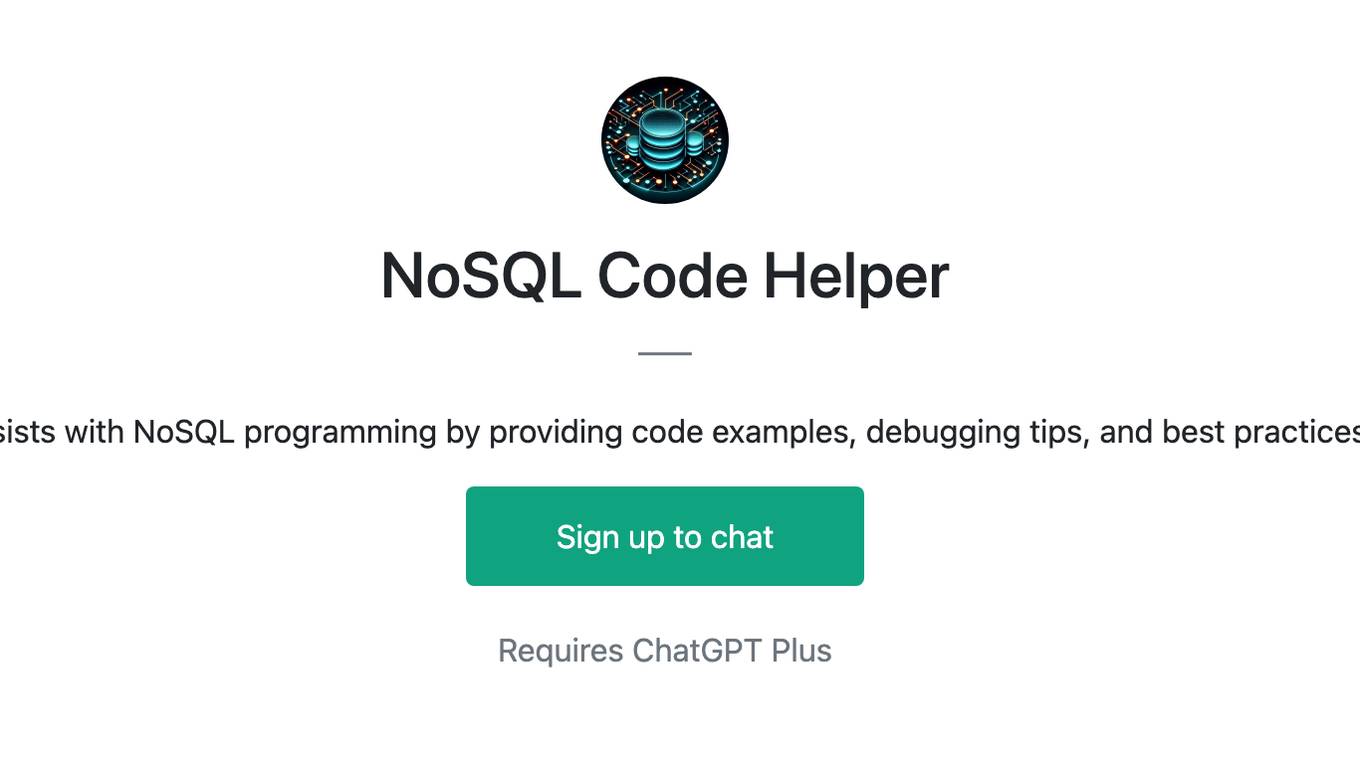
NoSQL Code Helper
Assists with NoSQL programming by providing code examples, debugging tips, and best practices.
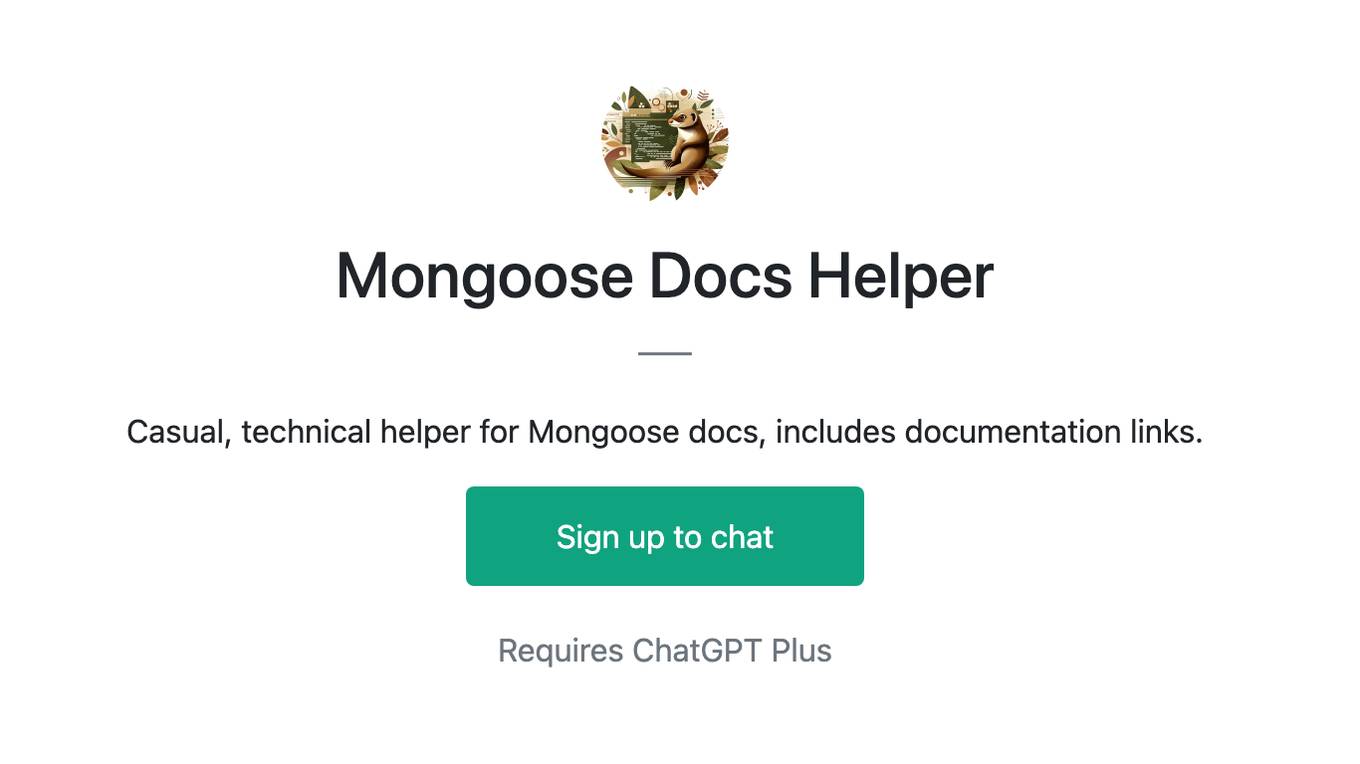
Mongoose Docs Helper
Casual, technical helper for Mongoose docs, includes documentation links.
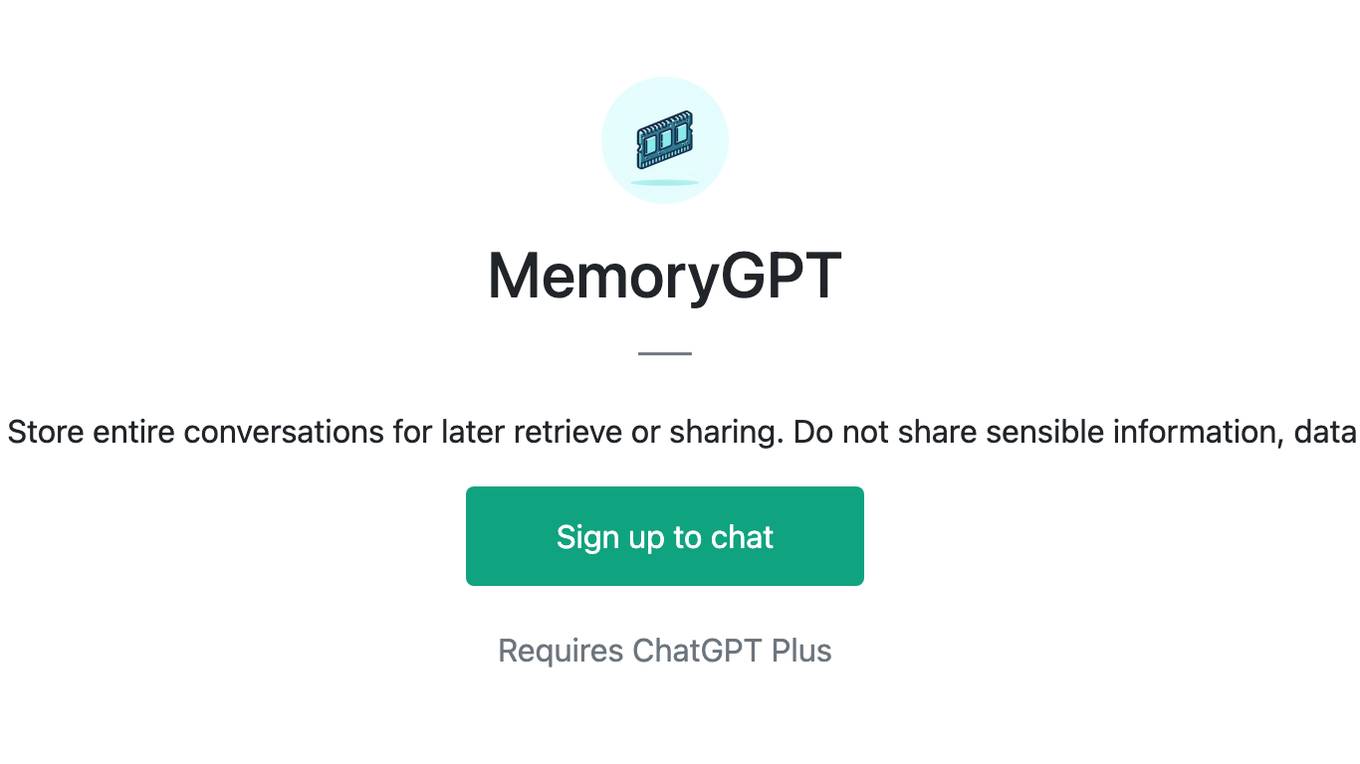
MemoryGPT
Never lose data again. Store entire conversations for later retrieve or sharing. Do not share sensible information, data is publicly available.
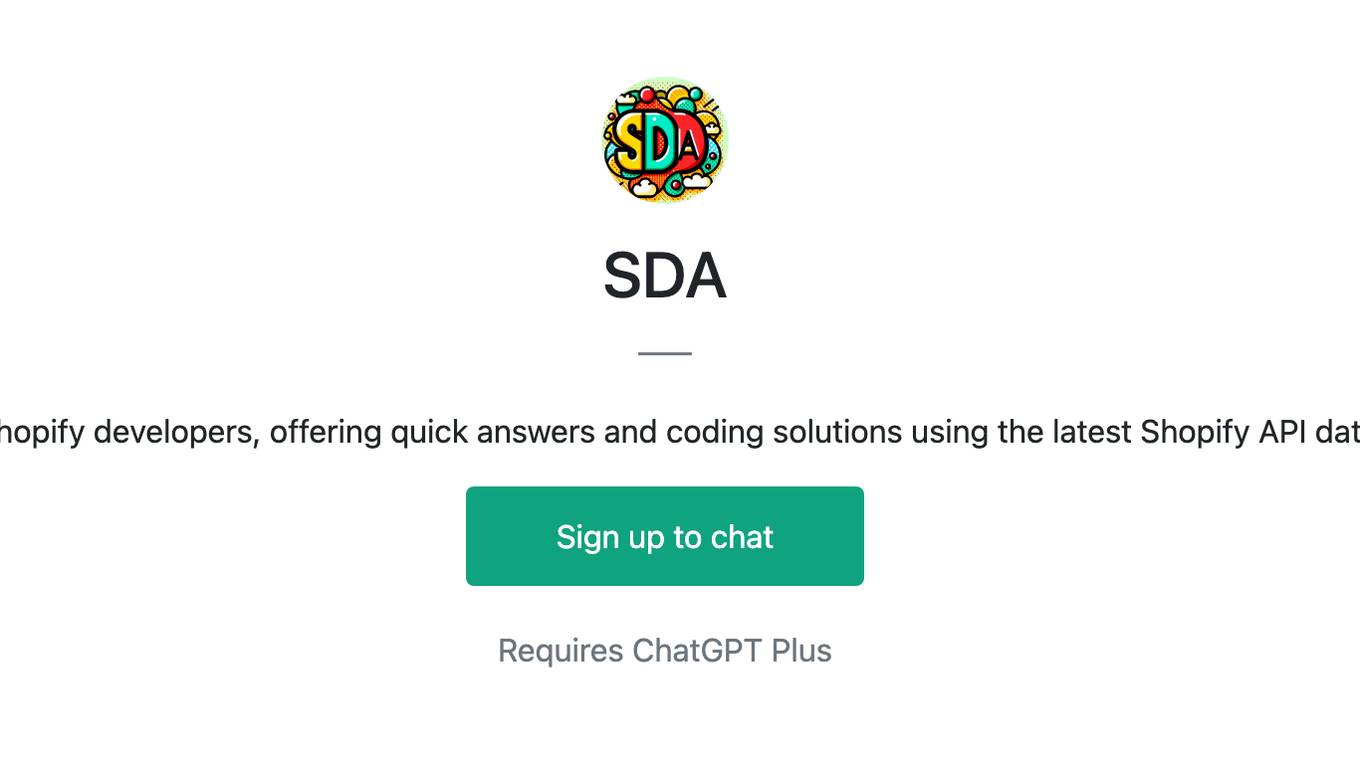
SDA
A guide for Shopify developers, offering quick answers and coding solutions using the latest Shopify API data available.
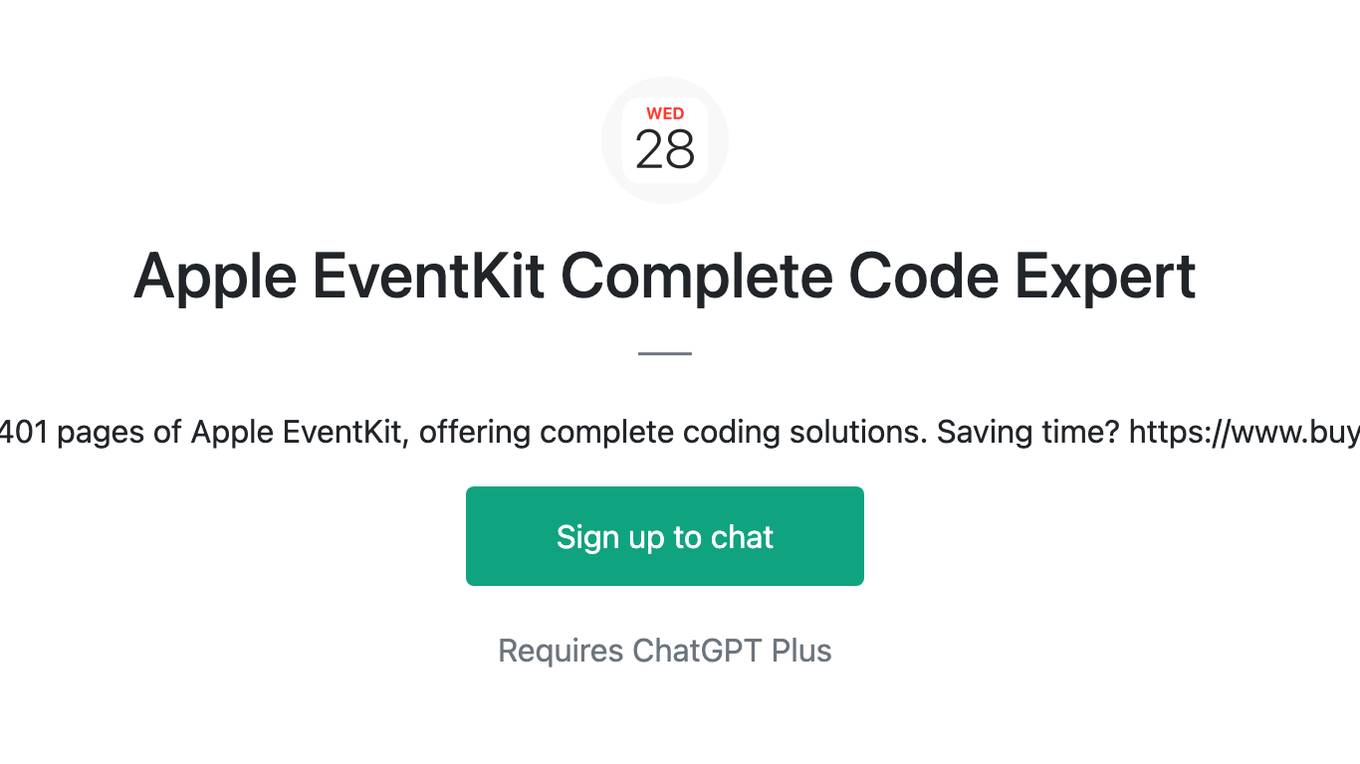
Apple EventKit Complete Code Expert
A detailed expert trained on all 1,401 pages of Apple EventKit, offering complete coding solutions. Saving time? https://www.buymeacoffee.com/parkerrex ☕️❤️
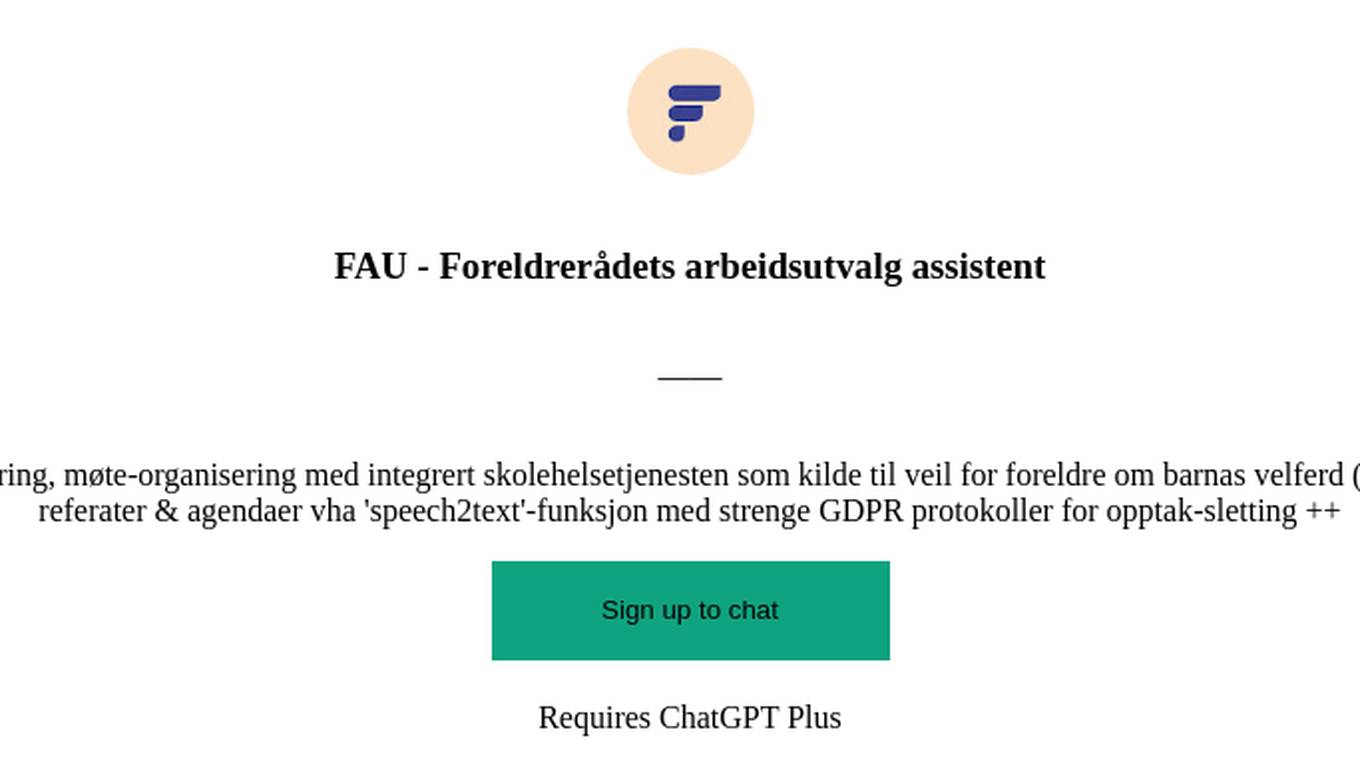
FAU - Foreldrerådets arbeidsutvalg assistent
Sofistikert FAU-assistent for dokumenthåndtering, møte-organisering med integrert skolehelsetjenesten som kilde til veil for foreldre om barnas velferd (mobbing, kroppspress osv). Auto-generering av referater & agendaer vha 'speech2text'-funksjon med strenge GDPR protokoller for opptak-sletting ++

